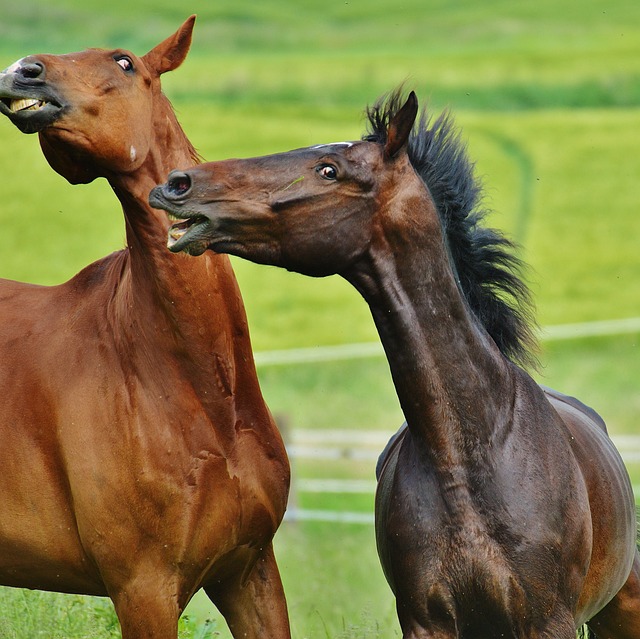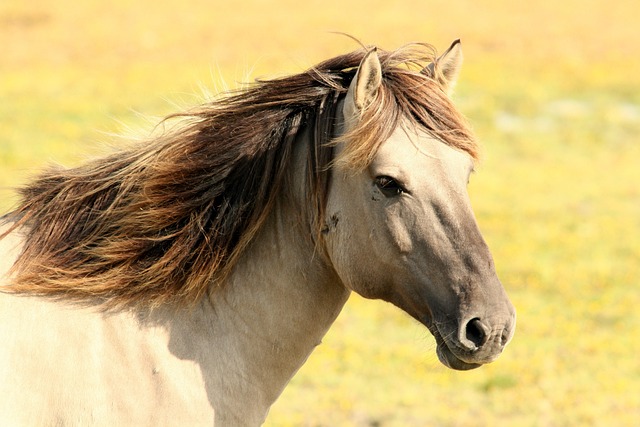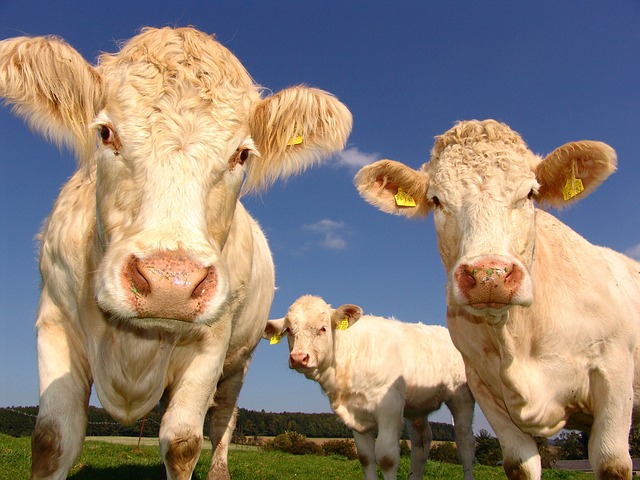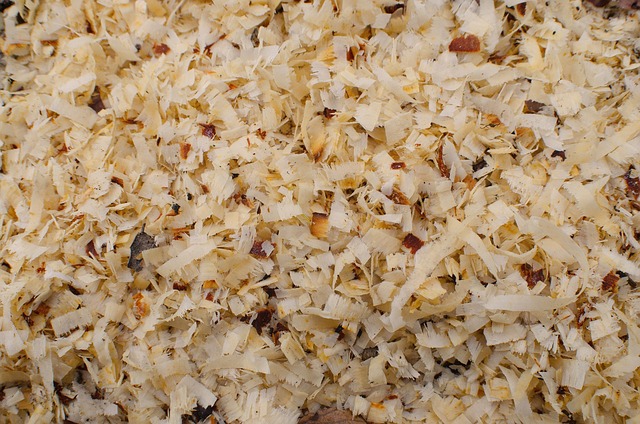
Black walnut shavings
January 31, 2023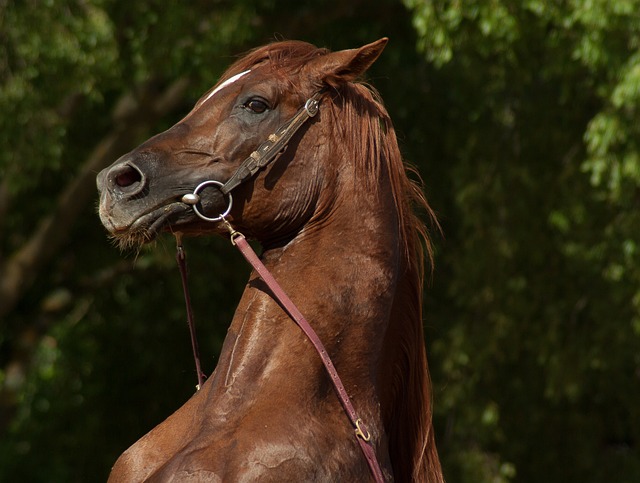
Poor performance
January 31, 2023Horses, like all animals, have natural instincts and behaviors that are associated with reproduction. However, in some cases, horses may exhibit sexual behavior problems that can lead to difficulty in handling, injury to other horses or humans, and decreased quality of life. Understanding these problems and their causes can help horse owners and handlers prevent and manage them.
- Stereotypical Behaviors: Horses may develop repetitive and excessive behaviors, such as cribbing or weaving, as a result of sexual frustration or boredom. These behaviors can be a sign of underlying hormonal imbalances or a lack of mental stimulation.
- Aggression: Horses may exhibit aggressive behaviors, such as biting or kicking, as a result of sexual frustration or dominance struggles. This behavior can be particularly dangerous when horses are housed in close quarters or when they are being handled or ridden.
- Mounting Behaviors: Horses may engage in excessive mounting behaviors, either on other horses or on inanimate objects. This behavior can be a result of sexual frustration or a dominance issue. It can also be a sign of an underlying hormonal imbalance or a lack of physical and mental stimulation.
- Erectile Dysfunction: In some cases, horses may experience difficulty achieving or maintaining an erection, which can lead to difficulty in breeding. This behavior can be a result of physical issues, such as injury or disease, or psychological issues, such as stress or anxiety.
- Quiet Heat: A common issue among young mares is behavioral anestrus, particularly during their initial cycle.
- Stallion-like behavior in geldings, also known as stud behavior, refers to aggressive and territorial behavior displayed by a castrated male horse, despite the absence of their reproductive organs. This behavior can manifest in a variety of ways, including mounting other horses, asserting dominance over other horses in the herd, and exhibiting territorial behavior towards humans and other animals. This behavior is typically caused by a combination of genetic factors, hormonal imbalances, and past experiences. In some cases, the behavior can be corrected through training and management techniques, while in others, medication may be required to manage hormonal imbalances. It’s important to address stallion-like behavior in geldings as it can cause harm to both the horse exhibiting the behavior and other horses in their environment.
Preventing and managing sexual behavior problems in horses requires a multi-faceted approach. This can include providing adequate space, mental and physical stimulation, and a balanced diet. Hormonal imbalances can be managed through veterinary care and medication. In cases of aggression or dangerous behaviors, it may be necessary to seek the assistance of a professional horse trainer or behaviorist.
In conclusion, sexual behavior problems in horses can have a significant impact on the horse’s well-being and the safety of other horses and humans. Understanding these problems and their causes can help horse owners and handlers take steps to prevent and manage them, ensuring the health and happiness of their horses.

